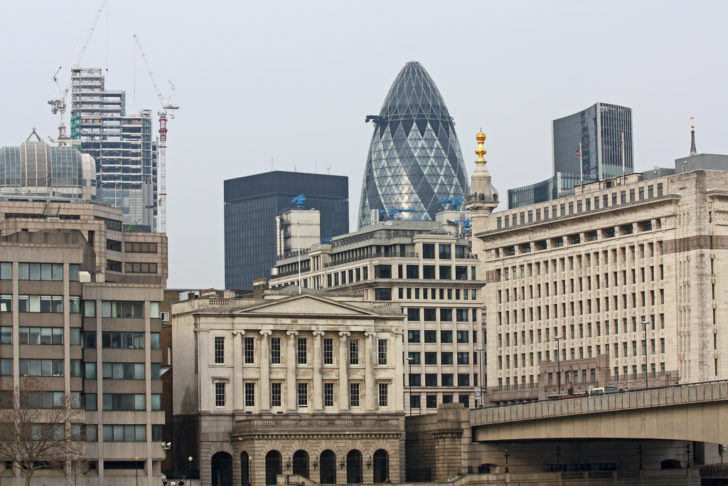Greener construction with graphene-concrete?

As the planet urbanises, attention is turning towards the most basic of building materials – concrete – to ensure the imminent construction boom is as sustainable as possible
One of the most basic materials in modern construction is concrete, with as much as ten billion tons used every single year, making it the second most consumed product after water. ‘Should human beings suddenly disappear from the face of the Earth,’ author Robert Courland remarks in his book Concrete Planet, ‘the last century of our existence will be clearly discernible one hundred million years in the future by a unique, rust-coloured layer of sediment found all over the planet... crushed and recrystallised concrete, tinged reddish brown by the oxidation of its now-vanished steel reinforcement bars.’ It could well be argued that we are living in the ‘Concrete Age’.
The global human population is now around 55 per cent urban, a number that’s only increasing; by 2050, it is anticipated that two-thirds of the global population will live in towns and cities. This makes sustainable urban design and construction more urgent than ever. Unfortunately, there are a myriad of environmental problems associated with modern reinforced concrete, everything from its weakness (and therefore relatively short lifespan) compared to alternatives such as bricks and mortar, to the inability to recycle used concrete leading to a dependence on fresh highly-polluting Portland cement production, and a disproportionate amount of waste going into landfills. So can concrete be improved, perhaps even revolutionised, to sustainably meet the needs of a rapidly urbanising world?
Scientists from the University of Exeter have developed one potential solution, an innovative graphene-based concrete. Created using nanoengineering, it is twice as strong, longer-lasting, and only requires half the quantity of raw materials used in traditional concrete (therefore also having the benefit of releasing less than half as much carbon).
‘This new composite material is an absolute game-changer in terms of reinforcing traditional concrete to meet [environmental] needs,’ says Professor Monica Craciun, from Exeter’s engineering department. Not only is the graphene concrete stronger and more durable, it is also more resistant to water making it suitable for construction in areas which require maintenance work and are difficult to be accessed. ‘The unprecedented range of functionalities and properties uncovered are an important step in encouraging a more sustainable, environmentally-friendly construction industry worldwide,’ says Craciun.
Source: http://geographical.co.uk/places/cities/item/2785-green-concrete
Original article: Ultrahigh Performance Nanoengineered Graphene–Concrete Composites for Multifunctional Applications